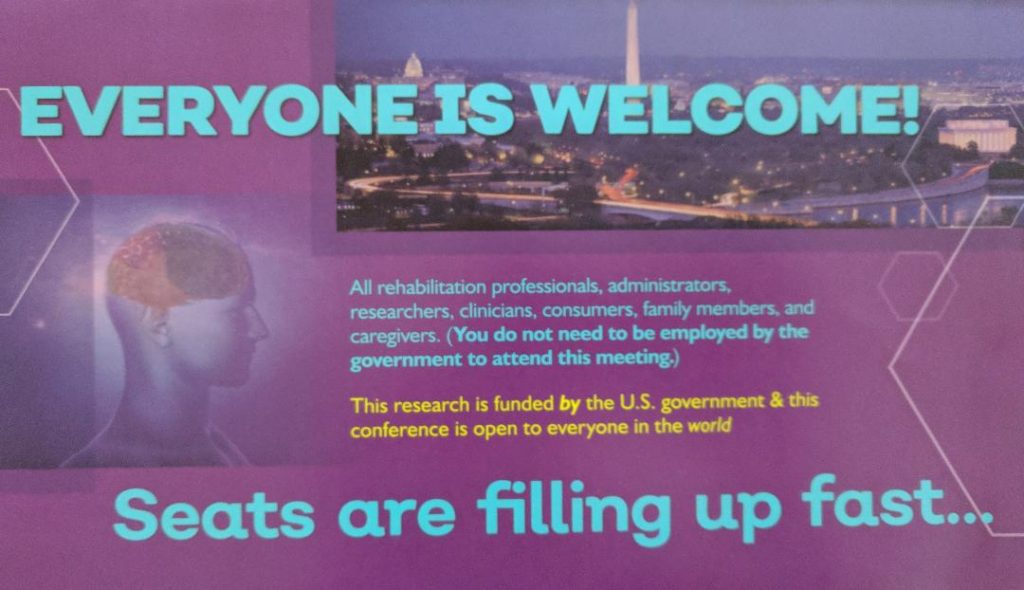
Excitement is Growing about the Federal Interagency Conference next week in DC. And its growing on Twitter!
I am going and presenting. I am so looking forward to seeing other presentations and meeting old friends and colleagues (professionals and survivors and those who love them).
Its been my Twitter feed that has really engaged me about the conference these past couple of weeks.
Why Twitter helps me
From my Austin Tech Accessibility Community, I have learned to use Twitter to reach my audience.
My Twitter handle is @aplasticbrain.
I will be tweeting at the Conference as will many others.
Please connect with me!
I love Twitter because I can connect easily with others interested in recovery after concussion, traumatic brain injury, acquired brain injury, stroke, professionals, clinicians, state and national brain injury organizations and friends and families. I get inspired by others tweets. I can connect people easily through their handle.
Using Twitter also doesn’t fatigue me, overwhelm me or disorient me like some of the other social media.
According to one of my many tech mentors here in Austin, Sharron Rush, at @Knowbility, Twitter is accessible on the backend to people using screen readers and other assistive technology. Using twitter is an opportunity for me to use most accessible social media to TRY to reach others like me who have difficulties using technology after the injury.
Sharron’s insight into what Social Media was best for me with a cognitive disability has literally changed my life.
It opened up a new world for me.
With my own cognitive disability, however, I have to admit I have learned I am a very slow learner on some accessible technology features of Twitter. But that’s another whole blog post.
The other thing about Twitter that I like is that it forces me (in a good way) to learn how to say something quickly, focus on the topic sentence, think about what’s most important to my audience and overall learn more brevity every time I use it.
Since I originally lost the ability to find the topic sentence in a paragraph after my injury, and have regained that ability slowly but surely with both rehab and practice, practice and practice, using twitter has been a good way to continually practice skills I learned in rehabilitation when I eventually got it for my concussion.
A Brief Introduction to the Federal Interagency Conference
I know how much I have gotten out of my experiences at the last two Federal Interagency Conferences. As Doug Katz, MD and Former President of the American Congress of Rehabilitation Medicine says, the Conference is one of the best Brain injury Conferences in the World.
That’s a lot coming from someone of his stature who attends the caliber of conferences he attends worldwide as well as his involvement in Rehabilitation Medicine research, publications, clinical practice and his support for people with brain injury. Twitter : @dokatz
The Conference brings together professionals, clinicians, researchers, brain injury organizations like the Brain Injury Association of America (BIAA), the U.S. Brain Injury Alliance (USBIA), Brain Trauma Foundation, other Foundations like the Ontario Neurotrauma Foundation (Canada), and OneMind and, of course, researchers, policymakers, grant administrators and others from all of the Federal Agencies to showcase their work. I could go on and on about others who attend, but want to just give a flavor. (I had my wonderful person who’s been helping me with tech put the link in for me at the end of the blog, since I am still learning how to do links in WordPress.
The Conference happens every 5-6 years, so it brings together work that has been done or built on during that period.
I have been lucky enough to attend the 2nd and the 3rd. By the time I attended the 2nd one, I knew many of the presenters because of my volunteer work at BIAA, attending Brain Injury Awareness Day on Capitol Hill (with BIAA), my own speaking, my work with WETA Brainline through another amazing advocate and mentor, Theresa Rankin (@ruralmilitary), and because I knew of the incredibly helpful work that members of the American Congress of Rehabilitation Medicine (ACRM) did (thanks to BIAA, WETA, Theresa (@ruralmilitary), Dr Bigler, Drs Robin Green (Toronto Rehab, Toronto, Canada) and Margaret Weiser (Parkwood Hospital, Ontario, Canada @DrMWeiser), the Ontario Neurotrauma Foundation and many, many others.
I have a lot more to say about what I got out of the previous Federal Interagency Conferences.
But for now, let’s just say that I got so much out of the 2nd one, that I made an effort to attend the 3rd one right before we moved from DC to come to Austin in 2011.
I literally stopped packing for 2-3 days because it was so important to me to attend the Conference before I left DC.
At the 3rd Interagency Conference, I still remember Patricia Dorn, PhD stopping me to tell me how important knowing my story was to help her in her research. It meant so much.
I have tried to reconnect with Dr Dorn when I first found her card, after our move back to Austin turned my world upside down.
I was unsuccessful as her email bounced back.
I really appreciated her telling me the value of my lived experience and my advocacy to her research. It’s always good to hear that my hard work and hard fought learned lessons makes a differences in other lives. It was also such a meaningful comment since I did research pre-injury and now was anecdotal evidence to frame and inform research. And its comments like these that keep me going when the going gets tough!
Come to find out in preparing for the upcoming Conference, that Dr Dorn is now in a more important role at the Veterans Administration. In preparing for the Conference, I found her card and suddenly this memory of the 2nd Interagency Conference when she first pulled me aside appeared plain as day.
And then, once that memory was reconnected in my brain, I was able to connect more dots to the present. Yahoo!
She had been at my table at the ACRM Annual Conference in Atlanta and when we spoke she told me she knew who I was.
I am so glad to consolidate that memory now. Once the right cue helps locate it, the wires connect and fond memories connect too of all those professionals and colleagues and friends and sometimes, family, who, like her, are supportive of the new learnings that come from lived experience Yahoo!
Excitement is Growing
Last week, several people who attended Brain Injury Awareness Day were tweeting and retweeting about the Conference. It got me really really excited about the my world opening up further at the Conference.
Others from BIAAs Advisory Council that I work on were tweeting:
@momof3missess (Kelly Lang), @amyzellmer (Amy Zellmer), @Cavinb and @pboswo1
And folks from awareness day who I met for the first time in person and who’s handle I think I have committed to memory or I can easily find:
@alcolvin (military) @pinkconcussions (Katherine Snedaker) and @seeclearlyLTSC
And I just found BIAAs Advisory Council Member, Catherine Brubaker’s handle @CLB1AZ and need to get her handle in to front of mind (a memory issue I am trying to overcome)
I am looking forward to meeting Catherine B. for first time!
Twitter for the Conference this week
Here are some other Twitter Handles of organizers, sponsors and attendees of the Conference that you might want to follow on Twitter about the Conference:
@TBIConferenceIA (for the TBI Conference)
@ACRMretweets (for American Congress of Rehab Medicine)
@biaamerica (for Brain Injury Association of America)
@OntNeurotrauma (Ontario Neurotrauma Foundation, Onatario Canada)
Here are links to the Conference, links to Kelly Lang’s talk, Amy Zellmers talk and my talk on Behalf of our Advisory Council at BIAA.
Link to the conference page
Link to Kelly Lang’s talk
Link to Amy Zellmer’s talk
Link to Anne Forrest PhD Talk
Read More - 4th Federal Interagency Conference on #TBI #Concussion is next week!

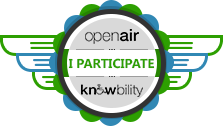
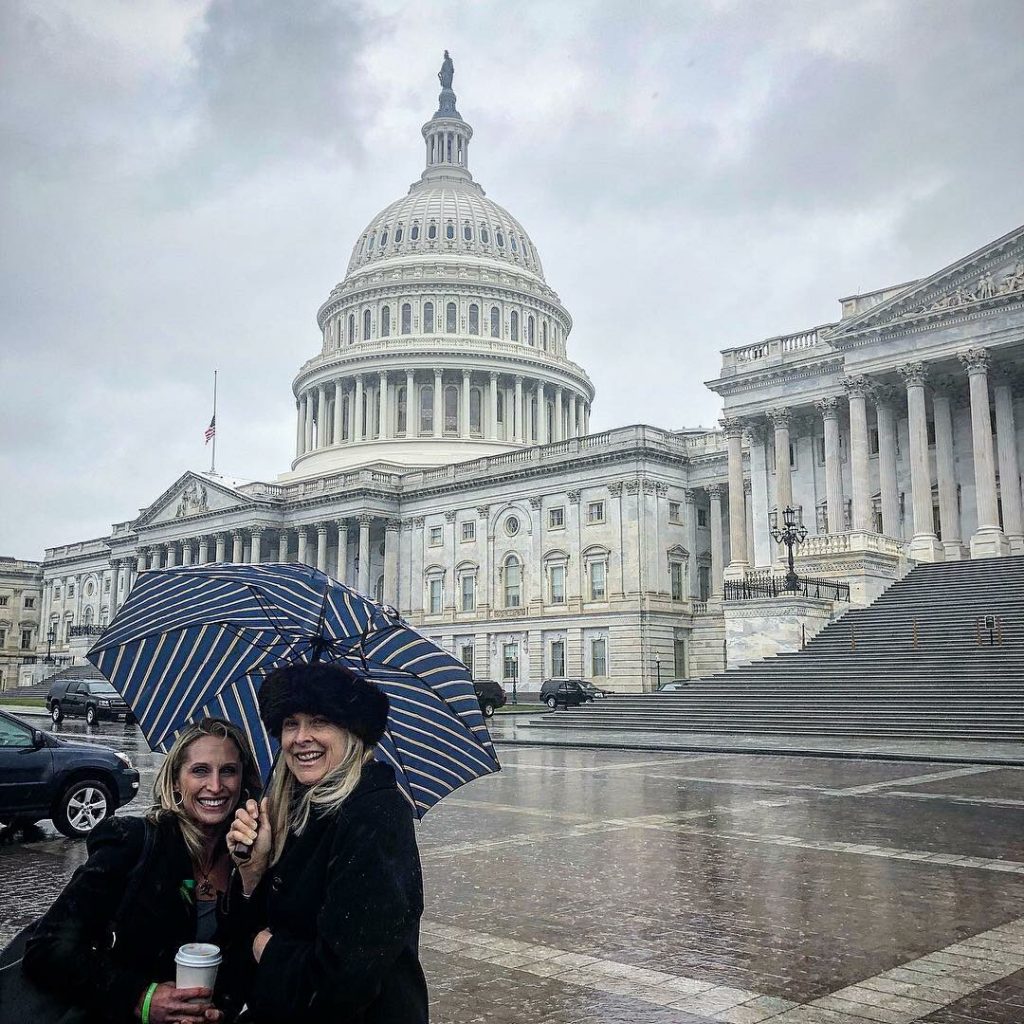
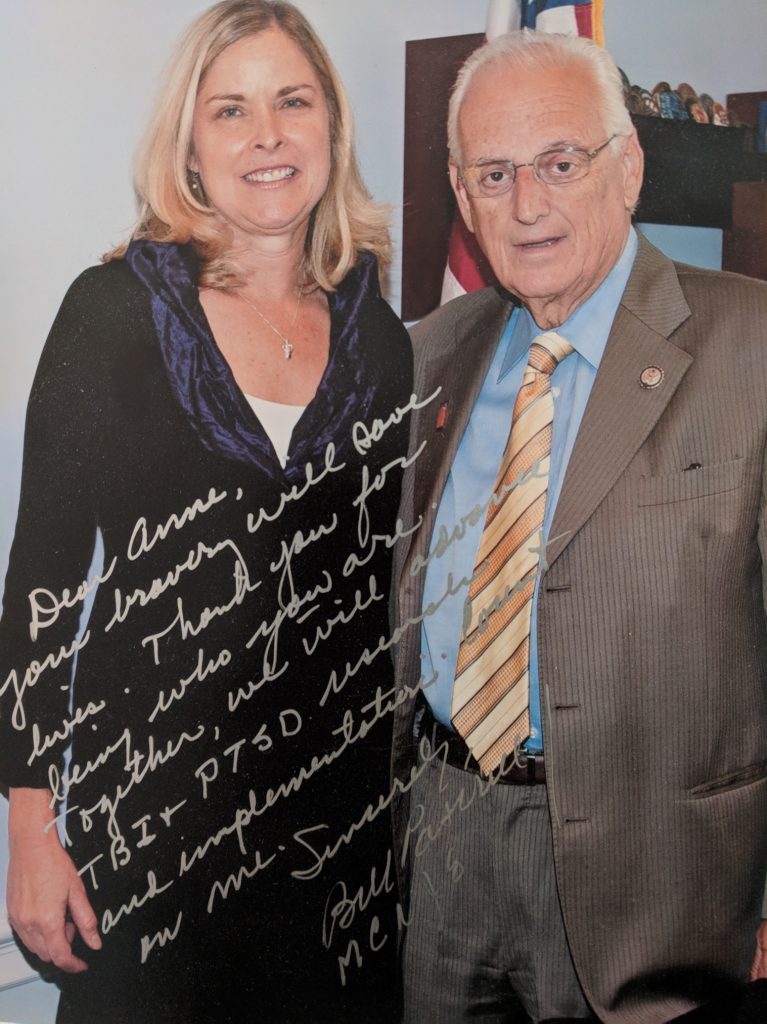
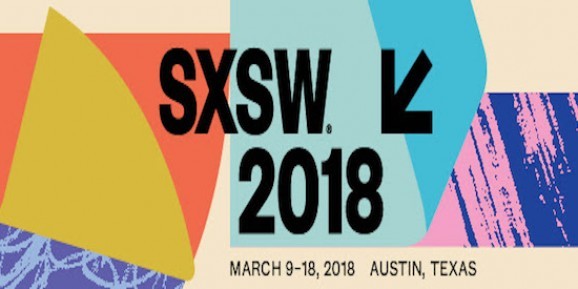
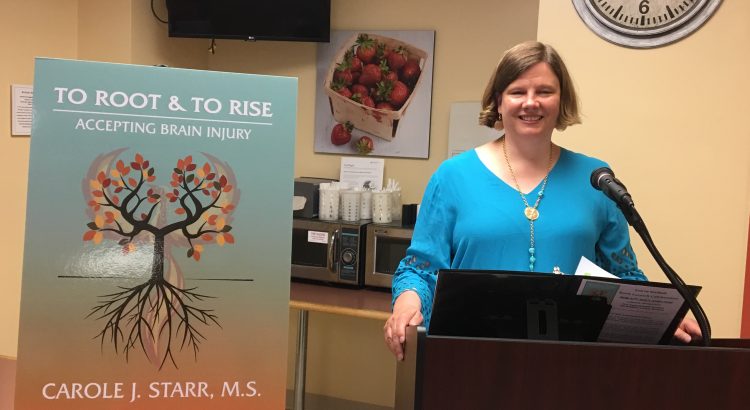
Recent Comments